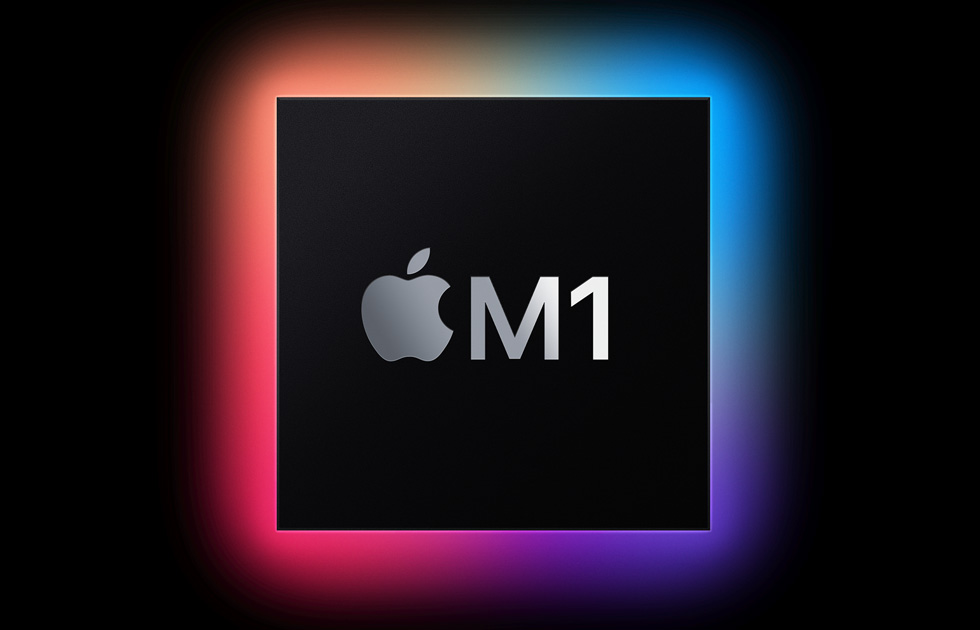Apple M1 appears to beat an 11th-gen Intel i7 in leaked benchmark
Apple's M1 may be more powerful than we thought

A newly leaked benchmark appears to show the new Apple M1 chip beating out an Intel Core i7-1165G7 CPU in single core performance in what would be a major show of force for the new silicon.
Maxon has already ported their popular benchmarking tool Cinebench over to macOS 11 Big Sur running on the new M1, and according to TechPowerUp, the performance is pretty remarkable – especially for an ARM-based processor.
In the latest Cinebench R23 tests, a MacBook Pro powered by the new M1 scored a whopping 1,498 points in single-core performance, besting the 1,382 points scored by an Intel Core i7-1165G7 used by Maxon as a reference score.
The impressive result was posted to Twitter by user @mnloona48_; from the screen grabs they posted, the results look to be legit.
cinebench 7508 multi core and 1498 single core#MacbookPro pic.twitter.com/dWaHaQOOqnNovember 16, 2020
- macOS 11 Big Sur: release date, name, and features
- macOS 11 Big Sur problems: how to fix the most common issues
- Hands on: Apple MacBook Air (M1), review
The new Apple M1 is shaping up to be an ARM powerhouse
While there has been some excitement around ARM-based PCs and laptops running Windows and macOS, there has also been some legitimate skepticism. ARM CPUs have mostly been relegated to mobile devices owing largely to their superior power efficiency, but that efficiency has come at the cost of overall performance and compatibility.
For example, we recently reviewed the Lenovo Flex 5G which is a Windows 10-on-ARM system, and we ran into some major compatibility issues running x64-based apps, including several of our standard benchmarking apps.
Apple promises to get around this by using Rosetta, which is essentially a low-level interpretation layer that translates macOS apps into the ARM machine language so that they will run on the processor even though the original apps weren't compiled to run on it.
Sign up for breaking news, reviews, opinion, top tech deals, and more.
All of this typically adds to the system overhead, so even though many of us were hopeful that the new Apple silicon would make strides in this direction, we didn't expect it to be faster than an Intel Core i7-1165G7 – not by a long shot.
We have yet to run the M1 through its paces as for as performance goes, so for now, its performance claims should be taken with a grain of salt. But if these numbers pan out in our testing, then this could be one of the most significant developments in the processor scene in ages.
- Stay up to date on tech with the TechRadar newsletter

John (He/Him) is the Components Editor here at TechRadar and he is also a programmer, gamer, activist, and Brooklyn College alum currently living in Brooklyn, NY.
Named by the CTA as a CES 2020 Media Trailblazer for his science and technology reporting, John specializes in all areas of computer science, including industry news, hardware reviews, PC gaming, as well as general science writing and the social impact of the tech industry.
You can find him online on Bluesky @johnloeffler.bsky.social